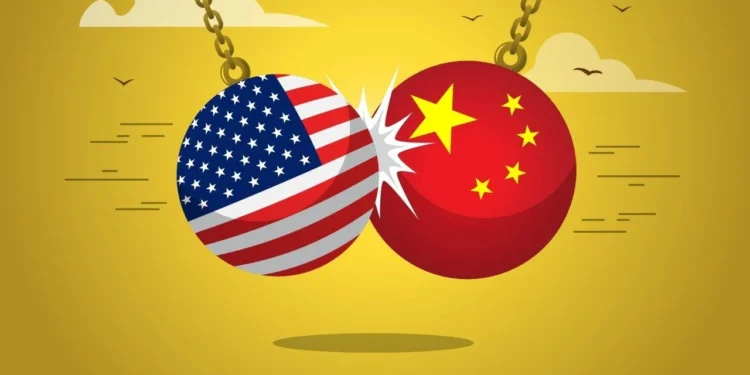Today, China revealed it will raise tariffs on exports to the U.S. from 34% to 84%, retaliating against President Trump’s announcement that U.S. tariffs on goods sent to China will climb to 104%.
The higher Chinese tariffs on U.S. goods will drive up costs for American public Bitcoin mining companies trying to buy ASICs — the top machines used for mining — most of which are manufactured in China.
This development could actually strengthen the overall health of the Bitcoin mining ecosystem. As Troy Cross emphasized in “The Future of Bitcoin Mining Is Distributed,” concentrating too much of the Bitcoin hashrate in a single country poses a threat to Bitcoin’s censorship resistance — one of its key strengths.
Cross pointed out that if the majority of Bitcoin’s hashrate is not only located in the U.S. but also controlled by publicly traded American mining firms, the U.S. government could exert pressure on these companies to mine only OFAC-compliant blocks.
And for anyone who assumes these companies would resist such mandates, it’s worth noting that Marathon Digital Holdings — the largest publicly traded Bitcoin mining firm in the U.S. — has already demonstrated a willingness to comply with OFAC guidelines.
The Bitcoin network is more likely to preserve its censorship resistance when its hashrate is spread across the globe.
As Cross noted in a recent interview (linked below), unlike many other emerging technologies, Bitcoin doesn’t gain an advantage from being dominated by a single country.
He admits this idea may not be immediately obvious and could seem counterintuitive—especially to supporters of President Trump, who has stated he wants “all bitcoin made in the U.S.A.”
However, when it comes to the Bitcoin network, it’s healthiest when multiple countries each hold a significant share of the hashrate, but no single one exceeds 50%.
As Cross noted in the interview above, he suspects the U.S. may already control over half of the Bitcoin hashrate.
However, that trend could start to shift now that China has raised tariffs on U.S. goods — making it more affordable for non-U.S. Bitcoin mining competitors to acquire ASICs compared to their publicly traded American counterparts.
So, while the growing tariff conflict may be unsettling in many ways, there’s a silver lining: it could ultimately benefit the Bitcoin network.









